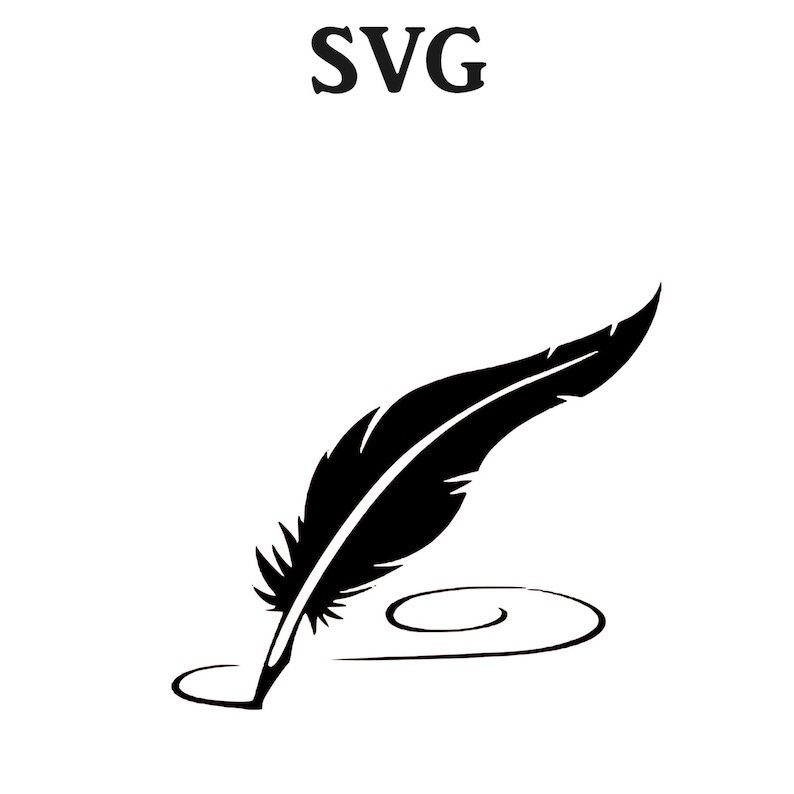The Worst Part Of My Job
For #NationalAuthorsDay.
Waiting is the worst part of being a working writer. By far.
It is especially frustrating if you are, like me, the kind of person who is exacting in terms of developing ideas and compositions to the point of obsession, making sure the words fit the way you want them to fit, and then sending your piece off to whomever you wanted to write it for. Thinking that you did them a good turn by giving them the fruits of your labor, you then proceed to wait for them to get back to you.
Days go by.
Weeks.
Months.
Years, in the most extreme circumstances.
And then, in the best circumstances, the acceptance letter, the contract, publication, royalties and security for yourself and possibly your family, in the future.
That’s the best circumstances. And they’re rare if you’re not a best-selling “name”, protected by your economic influence in the marketplace and membership in the pro writing unions, whose membership provide you with the fellowship you desperately want and need.
More likely, you’re going to be left hanging. And then turned down.
“It didn’t work for me, I’m afraid.”
“We can’t use this piece because we accepted something similar earlier.”
“You didn’t follow the guidelines like we wanted you to.”
Et cetera.
All of which is largely code for: You suck, we hate you, and we don’t want you among our ranks.
They wouldn’t actually say that in the rejection letter because a) they are too polite to mouth words of rejection to a working writer and b) they often have to use form letters because of the volume of the submissions they receive is so large that they cannot answer each and every one on a personal level. Most of your average form letters are as full of personal warmth as a missive from a corporate Human Resources department, and equally as limiting in trying to provide corrections to a problem that apparently needs correction. E.g.: my story.
Although I am the kind of person who desperately needs to be told everything. Needs to be told exactly what he did wrong in order to fix it, and make sure that, the next time he submits to that publisher or publication, he is writing exactly the kind of piece they want to publish.
But, except in cases where I succeed at that, they won’t talk to me.
Here, we get back to the problem with waiting. I follow online writing sites where the available magazines and anthologies with open calls are listed clearly, as are their deadlines. And sometimes, to show them exactly how much of an eager beaver I am, I will submit material well in advance of the due date to be sure that they will get it. Or, I panic and stall and don’t do anything until the last couple of days before submissions close, at which point I pitch something that might fit the publication’s concept as a Hail Mary pass.
So, either way, waiting.
First, waiting for the submission period to close, which could take months. Then, waiting for the editors to read the thing and produce a verdict, which could range from days to months, and could be either positive or negative.
It’s especially painful, by the way, if you want to get paid for your writing endeavors. I can’t expect any editor or publisher wants to earn a reputation as a producer of crap, so I can understand why they would want to hedge their bets on things with no merit. But, if the author is trying to make a living doing their work (mostly because, fairly or otherwise, they can get no other), I think it would ease their minds considerably if they were given a quick response as soon as possible, instead of constantly feeling as if they are always going to be hanging on a string. Like I do.
One thing I know for certain is that, if I manage to become an editor, I’ll be quick in my responses, and explain as much in detail as I am allowed regarding the quality to the authors.
Given how I’ve experienced things as an author, I owe them at least that much.




Waiting is the worst! Second that
I think many writers will relate to this. It's maddening not knowing exactly why something is rejected, as sometimes there is literally nothing wrong with the writing but there's something else similar they've recently taken on, or are representing, or whatever. At the same time, I understand why agents/editors/publishers can't get into personal conversation in most cases.